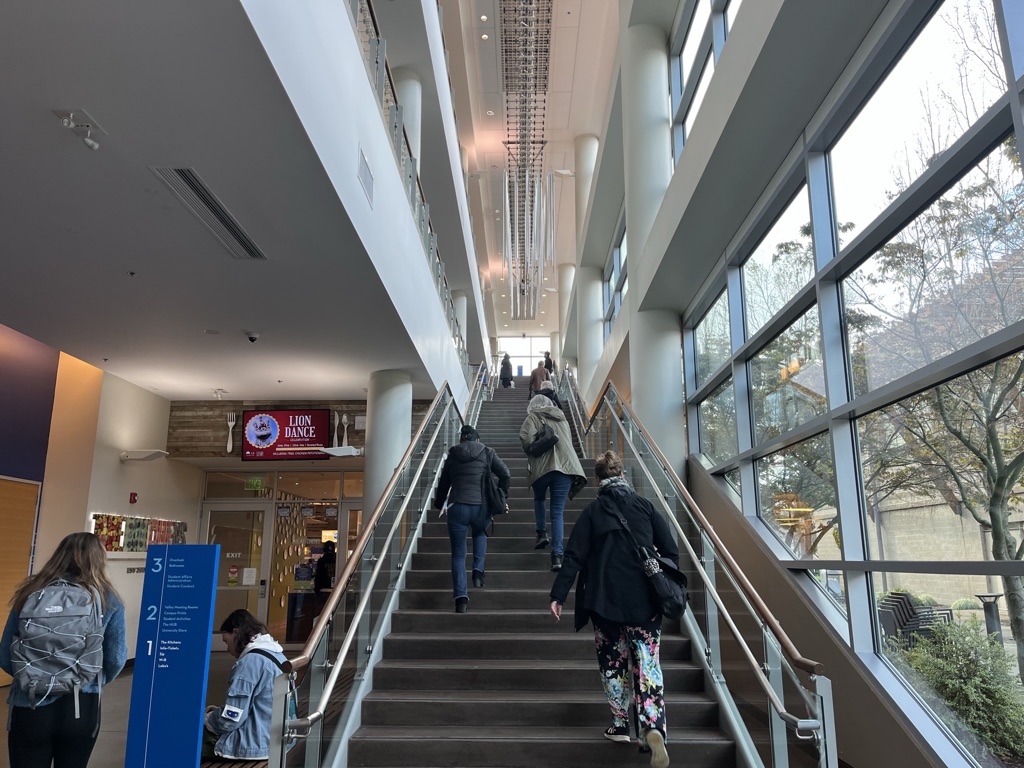Sonoma State University’s plan for Academic Reorganization heralds significant implications for both teachers and students alike.
A campus reorganization, in this context, refers to a strategic restructuring effort undertaken by an educational institution with the primary goal of addressing pressing issues related to enrollment growth, budget deficit reduction, and academic adaptation.
As the university moves forward with enrollment growth and curriculum revitalization, a change in workload distribution may be required due to the elimination of department chair positions and allotted time, which could affect teaching assignments and faculty obligations. Additionally, the plan’s emphasis on metrics for success may lead to new evaluation criteria, shaping faculty performance expectations and professional development trajectories.
For students, the impact is equally significant. By providing students with a wider selection of courses and possibilities for interdisciplinary learning, the main objective of increasing enrollment and broadening the curriculum is to improve the academic experience.
Many had concerns about how it would affect their majors.
Johann Rios, a third-year student and a Hutchins Labor Arts major said, “I remember last year when we were hearing about the shakedowns and the combinations of departments. That was pretty bad for us because The Hutchins Department itself is very self-organized, and it’s very important for us to stay that way because through our four years, we have really solid connections with our professors, and we’re continuously building through not only the classes we take through Hutchins, I’m glad that it hasn’t really affected our organization all too much yet, but it is scary to think about how bad the combination of departments might actually turn out to be.”
However, the restructuring process may necessitate adjustments to academic advising structures and support services, potentially affecting the student experience.
Lepita Solario, a fourth-year student and sociology major, had concerns for the fall semester.
“Honestly, I feel like the last couple of years since I’m about to graduate, I feel like I always dreaded registering for classes because I was always so scared that I wasn’t going to get the classes that I needed,” Solario said. “I think one thing that I would have wanted to have, especially for sociology, would be a class for careers because I feel like it would have benefited me a lot. But unfortunately, they weren’t available this semester and with the campus reorganization, I don’t know if they’ll offer it again.”
Another student, such as Vivi Gutierrez recognized that enrollment may have had a factor when considering the reorganization.
Gutierrez, a second-year student and an early childhood development major said, “ I feel like it has to do more with the fact that we don’t have that many students on campus, so classes aren’t as available. I feel like they don’t offer classes throughout the day because we don’t have that many students to fulfill the classes which can be either a good or bad thing for my major in this reorganization.”









































